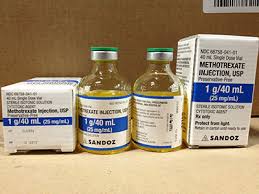Hey, mama. Yes, you with the sleeping child. The child you just comforted enough to relax and sleep in spite of the pain. The sick child.
We’ve been there. One day your child is healthy, the next day they have a fever. One day they are playing, the next they have lost their appetite and every ounce of “endless” energy. One day they are exploring their world, the next all they want is you. Mama.
Having a sick child is a game changer. Cleaning is unimportant. Laundry can sit unwashed. Dinner may be late, and will not be what you are used to. Those bills will have to wait. Your sick child needs you.

photo credit https://www.flickr.com/photos/48745248@N00/
We get it. You have to take care of your child. You love and care for them, nurture them, and teach them to become independent.
Suddenly they don’t need to hold your hand. They don’t want help carrying their science project. I can manage my own gear, thank you. Can I go to the party if I’m home by midnight?
But tonight they are your sick baby. You would move heaven and earth to heal them. You would change places with them in a heartbeat. It tears you apart, and you are exhausted.
You can’t take away the pain. You can’t give them back their energy and appetite. You are helpless, reduced to giving comfort and praying. And trying not to let them see how concerned you are, because that’s your job. Mama is supposed to make everything better. But it consumes you, because a kiss won’t make it all better.
It doesn’t matter what is wrong or how old they are. It could be the sniffles or a major illness. Teething or surgery. A fever or a severe, debilitating disease. They may be six months old or 22 years. We understand. We’ve been there.
If you are among the fortunate majority, recovery will be quick. Your child will soon be running, jumping, eating and playing again. When this happens, be thankful. Because not every mama bear gets to see their cub get better. Some cubs stay sick.
If you haven’t been there, count your blessings. Too many of us have.

You must be logged in to post a comment.